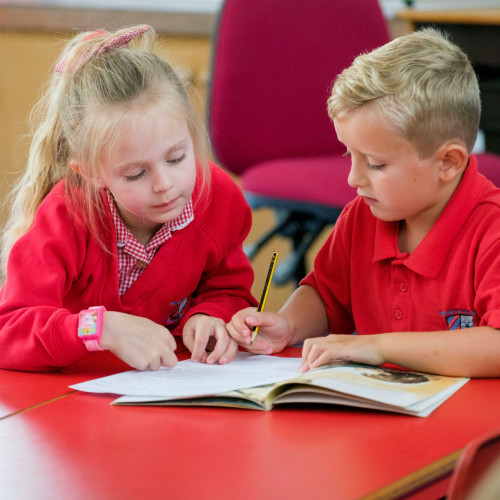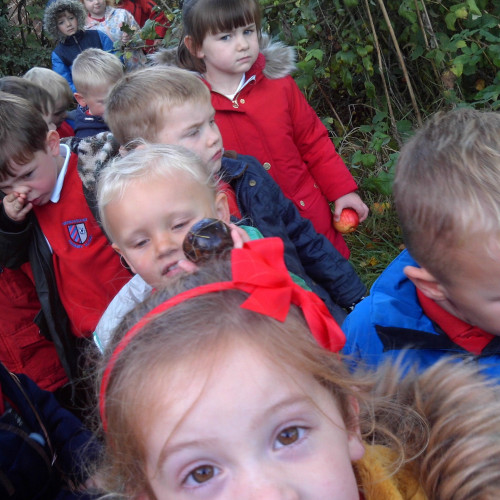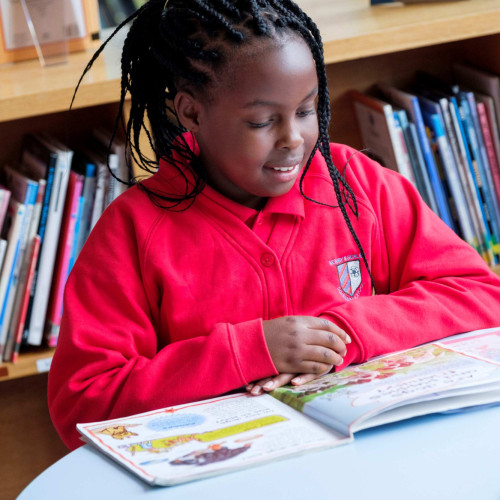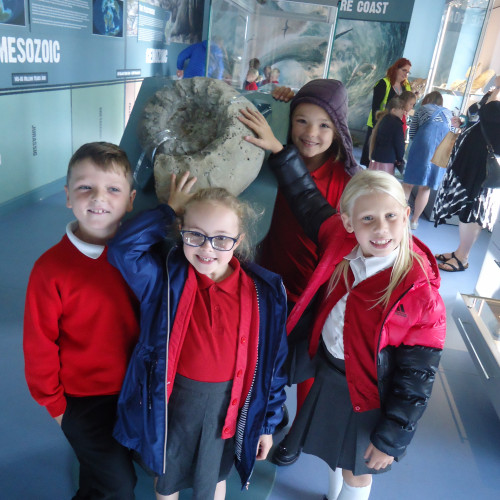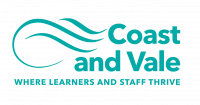Computing
Our Computing Curriculum develops ‘thinkers of the future’ through a modern, ambitious and relevant education in computing. The core of computing is computer science, in which pupils are taught the principles of information and computation, how digital systems work, and how to put this knowledge to use through programming. Pupils apply the fundamental principles and concepts of computer science, including abstraction, logic, algorithms and data representation.
It is important that pupils understand how to use the ever-changing technology to express themselves, as tools for learning and as a means to drive their generation forward into the future.
The curriculum is designed to balance acquiring a broad and deep knowledge alongside opportunities to apply skills in various digital contexts. Pupils analyse problems in computational terms and have repeated practical experience of writing computer programs in order to solve such problems Our curriculum has deep links with mathematics, science, and design and technology, and provides insights into both natural and artificial systems. It also ensures that pupils become digitally literate – able to use, and express themselves and develop their ideas through, information and communication technology – at a level suitable for the future workplace and as active participants in a digital world.
The curriculum content builds progressively though the themes of:
- computer science
- information technology
- digital literacy
Pupils develop:
- ‘substantive knowledge’, which is the knowledge and subject-specific vocabulary concerning programming syntax, multi-media design, features of unreliable content
- ‘disciplinary knowledge’, is the know-how to apply substantive knowledge. This might include performing binary addition; applying conditional formatting; performing an advanced web search.
Online Safety
Whilst ensuring they understand the advantages and disadvantages associated with online experiences, we want pupils to develop as respectful, responsible and confident users of technology, aware of the measures that can be taken to keep themselves and others safe online. Pupils are taught how to keep personal information private; how to recognise acceptable/unacceptable behaviour and how to identify and report concerns about content and contacts on the internet and other online technologies.
We promote the moral development of pupils by teaching pupils how to recognise the difference between right and wrong and to apply this understanding in their own lives, and to recognise legal boundaries. In doing so they learn how to respect the civil and criminal law of England as well as understanding the consequences of their behaviour and actions.
We promote the social development of pupils by teaching pupils how to use of a range of social skills in different contexts, for example communicating online. Pupils also learn acceptance of and engagement with the fundamental British values of democracy, the rule of law, individual liberty and mutual respect and tolerance.

